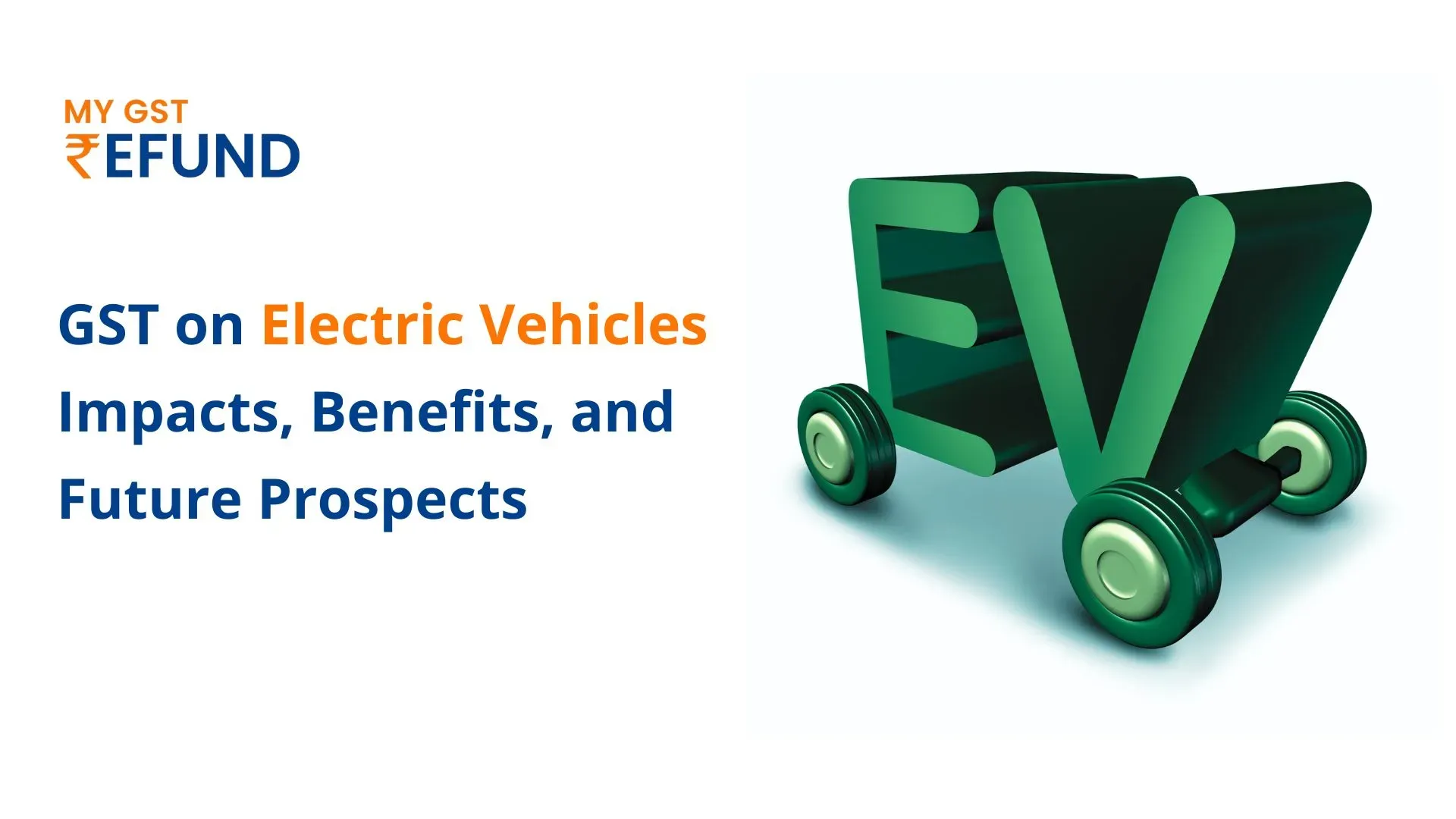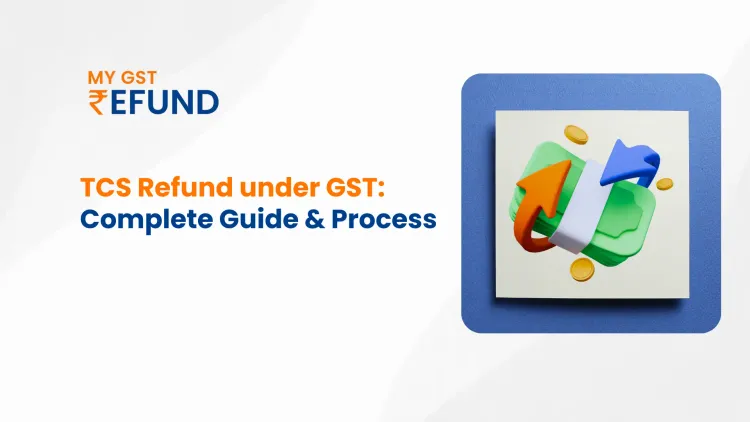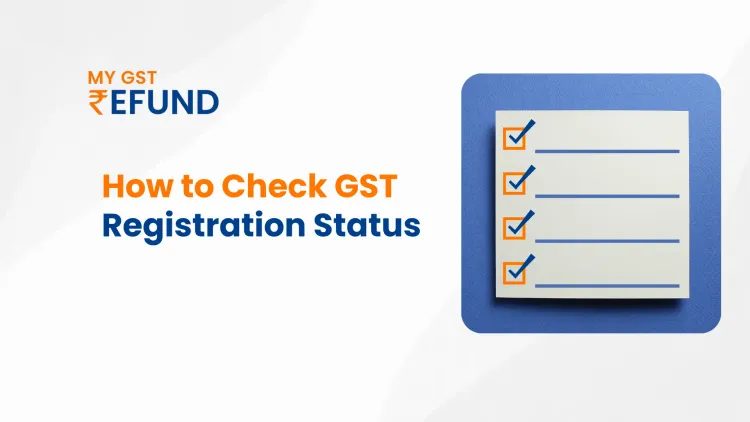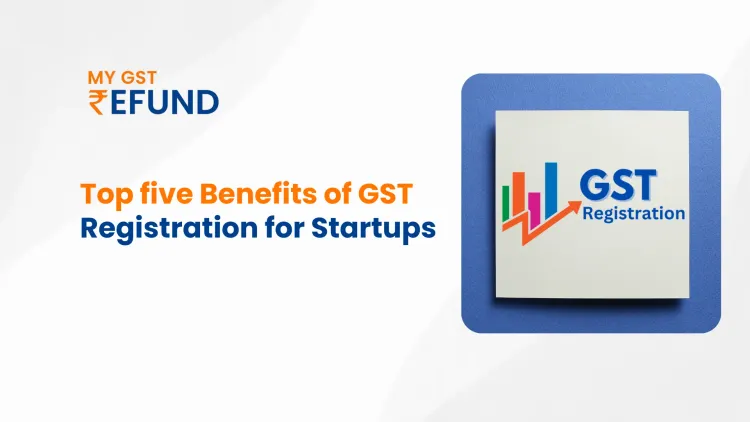GST on Electric Vehicles: Impacts, Benefits, and Future Prospects
Published on: Fri Nov 29 2024
Understanding GST on Electric Vehicles: Impacts, Benefits, and Future Prospects
Electric vehicles have gained acceptance in countries around the world as a cleaner and more sustainable travel alternative. Such initiative has been greatly promoted in India by the motivating policies associated with GST on electric vehicles, such as tax benefits granted to electric vehicles within the Goods and Services Tax (GST) framework.
The GST came into existence in India in 2017 when the tax architecture of the country was streamlined, standardized, and reduced for both EV manufacturers and consumers. Thus, understanding interest rates on GST rates on EV cars is becoming significant as this involves carbon footprints and green technologies aimed at building a sustainable environment.
The blog discusses GST on EVs, how they are going to benefit any buyer, the support offered by the government towards this initiative, and the bright future that the electric vehicle industry holds.
Read Also: GST Refund Process, Claim and Time Limit
GST Overview on Electric Vehicles
Such concessional tax rates were introduced to promote the affordability and acceptance of electric vehicles by the Indian government. So for 2024, you have the GST on electric vehicles at 5 percent, compared to 28 percent on conventional petrol and diesel vehicles. This is a reduction and has really streamlined the cost structure of EVs and given consumers a lot of incentive to transition.
Lastly, certain cess and road taxes are also exempted for EVs as compared to internal combustion engine (ICE) vehicles. So, these reduced GST rates on EV cars would not only reduce the price at entry into the ecosystem but would also signify the seriousness of the government toward a green economy.
Businesses burdened with stay handling GST compliance, such as using GSTIN Status Validator, have much less hassle in computing accurate GST and have free experience.
GST Benefits for Electric Vehicle Buyers
The reduced rates of GST levied on EV cars directly benefit the buyers by making them more affordable to buy. For example, a ₹ 10-lakh-priced vehicle would bear GST of just ₹50,000 as compared to ₹2.8 lakhs, which applies to a normal vehicle.
Besides, buyers can also enjoy other incentives:
Income tax benefits for availing EV loans as per Section 80EEB.
Lower maintenance costs as EVs have fewer moving parts.
Reduced dependence on fossil fuels and hence long-term savings.
For those buyers in the process of getting refunds for excess GST paid, Refund Calculator tools make the entire refund process simple, free of hassles with transparency and accuracy.
GST on EV Components and Charging Stations
The entire ecosystem for EV growth will depend on its supporting infrastructure availability and cost, including parts and charging stations. Such development has been complemented by favorable government GST rates on EV cars and components as well. Batteries, inverters, controllers, and other essential parts, as PHs for EV manufacturing, have been kept comparatively low in taxes compared to their counterparts in conventional vehicle segments.
Further, the charging stations are subjected to 5% GST, consistent with bringing down infrastructure costs for EVs. The objective of this tax reduction is to encourage the installation of public and private charging networks throughout the country, thus encouraging further adoption of EVs. The affordability of such setups brings not only manufacturers but entrepreneurs and businesses, drivers, etc., into EV-related infrastructure installations.
These measures further add to the supply chain, reducing costs in production, and making EVs affordable to a larger section of society.
Government Initiatives and Policies to Support EV Adoption
Given the integration of an electric vehicle-specific policy with the already existing framework, several policies have been introduced in conjunction with the introduction of the GST on electric vehicles. On the brighter side, it included a very good scheme such as FAME, which provides direct subsidies for the purchase of EVs.
Some of the key initiatives are:
Subsidies for manufacturing EVs and their parts under the Production Linked Incentive (PLI) scheme.
Road tax exemptions and additional subsidies at the State level.
Support for Startups that develop technologies for EVs and charging solutions.
The government plans to reduce the GST and complement the measures to take its overall target of achieving 30 percent of EV penetration by the year 2030. This also forms part of a broader initiative for environmental protection in the country.
Impact of GST on the Future of Electric Vehicles
The much-lowered GST rates on EV cars have made a real difference in bringing down EV prices and making them accessible to a wider cross-section of people, thus paving the way for further investment in the sector. Benefit from lower taxation encourages manufacturers to innovate in advanced battery technology, improved vehicle ranges, and lower costs.
The reduced structure of GST has also drawn global electric vehicle manufacturers to India, thereby further strengthening the support of the domestic industry. Next to an increasingly developing infrastructure and declining costs, EVs will somehow become the mainstream within the next decade.
Policies on concessional GST concerning electric vehicles are, among other considerations, quite critical to the changing automotive landscape in India as the country marches towards its net-zero emissions target.
GST on Electric bikes and two-wheelers
India has reduced the GST on electric bikes and electric two-wheelers by several decimals to promote non-polluting vehicles. While their traditional counterparts, "two-wheelers with the engine up to 350cc attract a GST rate of 28 percent," and those above 350cc, obtain a combined tax rate of 31 percent (that is, including cess), GST has much lower rates at only 5 percent for electric two-wheelers.
This would be part of initiatives of the government to make sustainable transport easier to travel in. Low GST on electric two-wheelers makes them much more affordable and caters to India's greening agenda in reducing carbon and fossil fuel dependency. Moreover, electric motorbikes offer other benefits such as low maintenance cost and environment-friendly.
The two-wheeler market has been made affordable, and this has driven manufacturers and consumers to electrify. High fuel costs also encourage shifting to greener alternatives furthering this best initiative.
Read Also: Cash Ledger Refund in GST
Conclusion
These lower tariff rates in GST for EV vehicles have made them not only affordable but have also fostered innovation and built appropriate infrastructure. With all these alignments with strong government initiatives, such policies pave the way for sustainable living in the future. Having tools such as the GSTIN status validator and refund calculator included in financial processes helps eliminate the complexities associated with GST compliance for businesses as well as individual users.
FAQs
What is the GST on electric vehicles in India?
The GST on electric vehicles currently is 5%, compared with 28% for petrol and diesel vehicles.
Are the charging stations taxed under GST?
Yes, charging station taxes are 5% which reduces costs for EVA infrastructure.
Additional tax benefits for buyers of electric vehicles?
Yes, EV buyers can now claim deductions on the interest paid for the loans under Section 80EEB of the Income Tax Act.
How does reduced GST benefit EV manufacturers?
Slashing of GST rates tends to lower the overall cost of production and thus, motivates the manufacturers towards innovation and investment in the EV sector.
What is the government policy for the promotion of EVs?
Government initiatives like the FAME scheme, PLI schemes, and state incentives complement GST benefits to achieve the goal of encouraging EVs.
Related Posts





